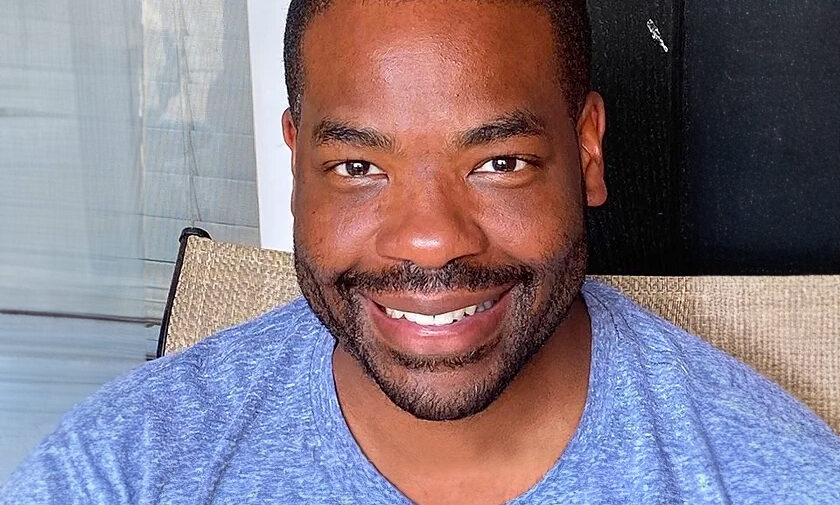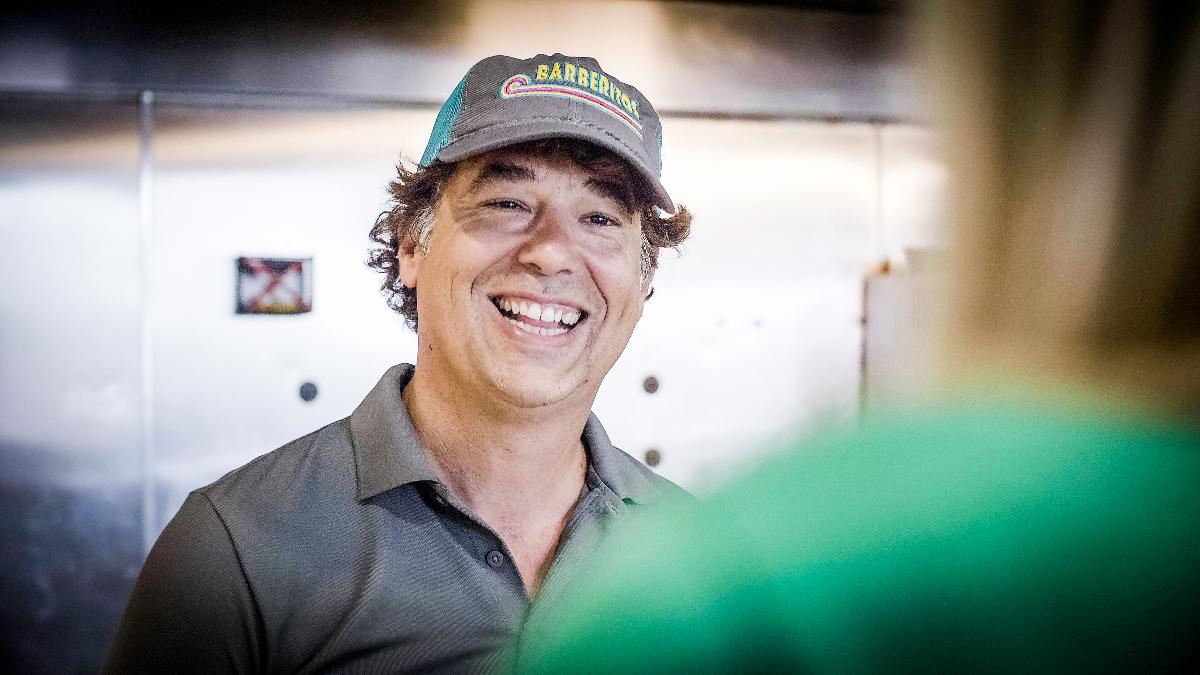
Had you told Austin Harris in 2010 that he’d be directing a tutoring company a decade later, he’d have laughed in your face.
A career student, he was completing a law degree to complement an earned doctorate in chemistry at the University of Georgia. He was on a trajectory to become a patent attorney, a lucrative profession that requires command of both statutes and science.
Unfortunately for Austin, hiring in this niche field had narrowed to a vanishing point by 2010, as labor markets continued to reel from recession. In times of plenty, recruiters from white-shoe firms would be giving campus talks to graduates on the market; now invited speakers encouraged students to look beyond the bar to careers outside legal practice. It was a dispiriting time to ponder a change of vocation. What could he do, given his specialized preparation?
What stood out in his recent memory was tutoring. During his graduate years studying chemistry, he discovered anyone could petition the department to advertise tutoring services. So, motivated by a desire to help students understand chemistry (and, Austin admits sheepishly, by the prospect of money to spend at downtown bars on the weekends), he and a friend decided to embark on a new venture. They quickly secured a place on the department’s tutor list.
Subjects like chemistry create a high demand for help at large universities. High, unvarying standards exist; there’s no abridged way to learn titrations or covalent bonds. To novices, the material can appear forbiddingly complex. Because professors typically gain rank on the strength of their research rather than their teaching ability, instructional quality varies significantly. Those struggling to grasp the basic concepts are fighting an uphill battle. The content is cumulative, and those who get behind often have a hard time catching up. All these factors present serious challenges to subject coaches.
The genius of Austin’s tutoring was developing a method to crack the hard sciences. He quickly realized that students desperate for assistance generally fell into two categories: those who didn’t understand the material at all, and those who just needed resources to cram for assessments. Over time, Austin and his partner pioneered a two-pronged approach to meet these varied needs. For the dazed and confused, he developed scaffolded guides for each unit, indexed to the various class syllabi. Those looking for a quick review before a test could stop by for a prep session. By catering to these two different learning needs, the tutoring startup could cast a broad appeal.
This calculated strategy quickly cornered the market for chemistry tutoring at UGA. As always, word of mouth (coupled with the bright red fliers advertising these services) became their most effective advertisement. The programmatic method and user-friendly presentation of their tutoring burnished their reputation. Dubbing themselves Science Guyz, Austin and his partner made enough money to make it a legitimate enterprise.
So, with law school commencement looming, Austin decided to leave behind the well-worn paths to firms and practices to try his hand at parlaying the tutoring startup into a career.
Austin bought his partner (now a DEA chemist/expert witness for the federal government) out in 2011. They are still close friends, and Austin is the proud godfather of his son. Ten years in, Austin is still at work, fine-tuning the paradigm he helped create. This past year has presented unprecedented challenges, but it’s also pushed Austin to start expanding his reach. The pandemic forced him to adapt his normal practice of having students view recorded material in his offices on campus, a privacy protection. He’s developed a more robust, remote approach that will allow him to expand to other campuses. In fact, he’ll be offering his services at Ohio State University this fall. Another colleague is cultivating an engineering program to complement existing tutoring in chemistry and mathematics. As a black business owner, scientist, and attorney, Austin occupies a particular niche as he reaches for tutoring excellence, and achieves business success in a field plagued by minority underrepresentation. From humble beginnings, he’s built a thriving tutoring service from the ground up.
That’s no mean accomplishment for the aspiring patent lawyer who decided to make his side-hustle from graduate school a career.


